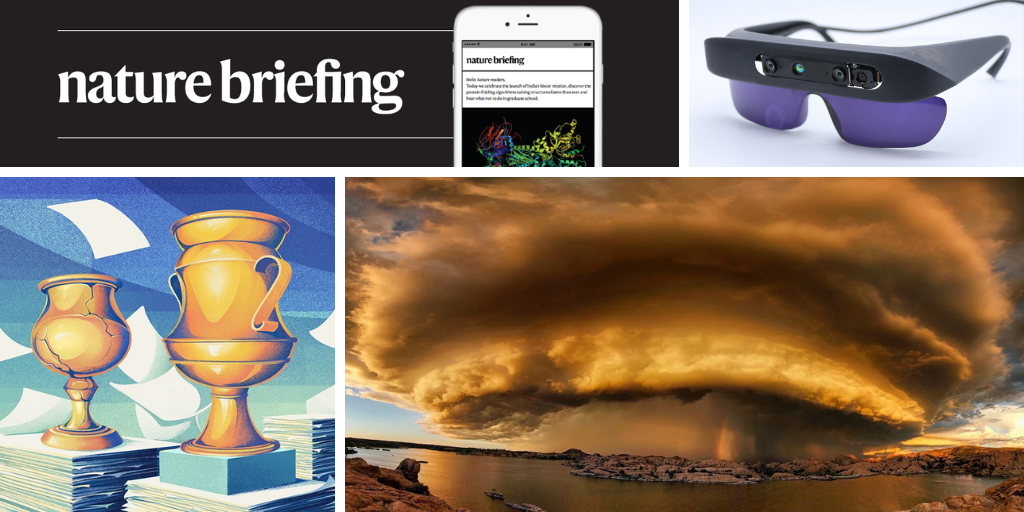
"The Trump administration intends to propose cuts to the 2026 budgets of NASA and NOAA, impacting critical funding for climate and space science."
"In a trial, 20 people with visual impairments completed a 25-metre-long indoor maze faster using AI-boosted glasses than they did with a cane."
"Wakefield technology could shrink particle accelerators from kilometres long to just metres, but researchers need to overcome significant engineering challenges."
"'If I were a billionaire, this is 100% what I would fund,' says experimental particle physicist Nicole Hartman about the compact collider concept."
Documents obtained by Nature indicate that the Trump administration is set to propose budget cuts for NASA and NOAA in 2026, affecting vital climate and space science funding. In technological advancements, AI-driven glasses are found to assist visually impaired users significantly, allowing them to navigate indoor spaces more effectively than conventional aids. Additionally, physicists are exploring wakefield acceleration as a mean to create smaller, cost-effective particle colliders, which could reshape the future of particle physics research if engineering challenges can be addressed.
Read at Nature
Unable to calculate read time
Collection
[
|
...
]